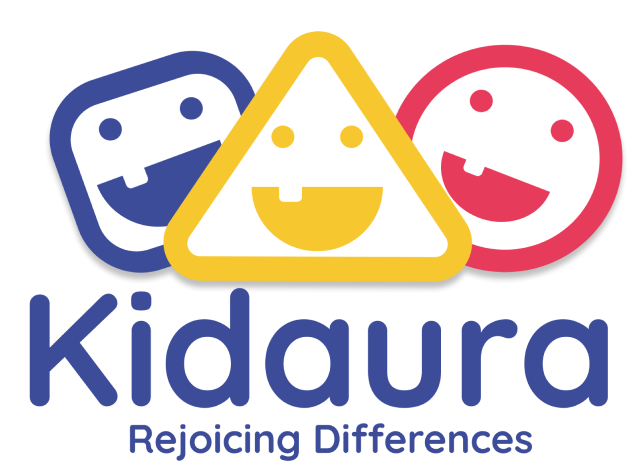Communication Strategies for Effective Parent Involvement
Published by Madhushree
a year ago
When it comes to child therapy, the active involvement of parents is essential for successful outcomes. Parental support and collaboration play a pivotal role in the healing process and the child's overall well-being. However, effective communication strategies between therapists and parents are crucial to facilitate this involvement. This blog post will explore various communication strategies therapists can employ to establish strong partnerships with parents, ensuring their active engagement in their child's therapy journey. These strategies aim to create a collaborative and supportive environment where parents can effectively contribute to their child's development and growth.
Open communication:
Creating an open and welcoming environment for parents is essential. Provide multiple channels for communication, such as email, phone, or a dedicated parent-teacher communication app. Make sure parents know how and when to reach out to you. Encourage them to share their concerns, questions, and suggestions openly. Actively listen and respond promptly, addressing any issues or inquiries. Establishing regular communication channels, such as monthly newsletters or parent-teacher conferences, ensures that parents stay informed and engaged in their child's education.
Personalizing Communication:
Recognize that every parent is unique, and tailor your communication to meet their individual needs. Use a friendly and conversational tone to establish a comfortable rapport. Consider language barriers, cultural differences, or special circumstances when communicating with diverse families. Provide information in different formats, such as translated materials or audio recordings, to ensure accessibility. When discussing a child's progress, highlight their strengths and areas for improvement constructively. By personalizing communication, you create a supportive atmosphere that acknowledges and respects each family's unique circumstances.
Collaborative Goal Setting:
Involve parents in setting goals for their children. When parents have a voice in goal-setting, they feel more invested in their child's academic journey. Encourage parents to share their aspirations for their child's education and work together to develop achievable objectives. Regularly update parents on their child's progress towards these goals, celebrating milestones and addressing any challenges along the way. By involving parents in goal-setting, you foster a sense of shared responsibility and empower them to actively support their child's learning.
Engaging Parents as Partners:
Go beyond traditional parent-teacher interactions and actively engage parents as partners in the therapy process. Invite parents to participate in events, volunteer opportunities, or parent-teacher association meetings. Seek their input on decision-making processes, such as curriculum development or therapy policies. Consider organizing workshops or seminars on relevant topics, including parenting strategies or navigating future development and growth. By involving parents in meaningful ways, you establish a strong sense of collaboration and mutual respect, which ultimately benefits the child's therapy experience.
Celebrating Achievements and Milestones:
Acknowledge and celebrate the accomplishments of both children and parents. Recognize academic achievements, extracurricular accomplishments, or contributions made to the community. Create a system for publicly acknowledging and appreciating the efforts of parents who actively participate in their child's therapy process. This recognition not only strengthens the parent-therapist relationship but also encourages other parents to become more involved. By celebrating achievements and milestones, you foster a positive and supportive environment that motivates parents to stay engaged in their child's therapy for better growth and development.
By implementing these strategies, therapists can enhance parent involvement and create a collaborative therapeutic environment that fosters positive outcomes for the child. Open and honest communication channels, personalized interactions, active engagement of parents in goal-setting and treatment planning, and ongoing support and education are all key elements of effective communication. By nurturing these partnerships, therapists can empower parents to become active participants in their child's therapy journey, ultimately promoting the child's emotional well-being and growth. Together, therapists and parents can create a powerful support system that nurtures the child's healing and sets them on a path toward a brighter future.
Share via

© 2019-2024 Kidaura, All Rights Reserved




